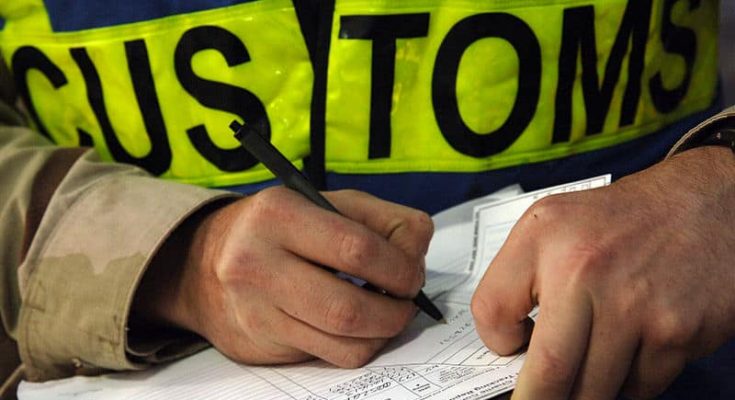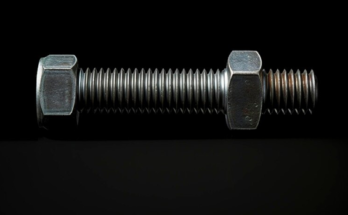If you are interested in starting an importing business, one of the first steps is to understand the federal and state requirements. Imports, expectedly, are subject to numerous statutory, compliance, and regulatory norms, and for most importers, the biggest challenge is to navigate through the existing system. Working with a licensed customs broker may ease some of these concerns. Services like ClearitUSA Amazon FBA freight forwarding work with importers in a personal manner, so that importing doesn’t become a hurdle for businesses. In this post, let’s discuss the things that importers must know about licensed customs brokers.
Is it mandatory to hire a licensed customs broker for importing?
No. There is no law that states that a broker is mandatory for importing. However, licensed customs brokers have a key role in how the importing world works. All customs brokers are licensed by the U.S. Customs and Border Protection, and to get the license, they must complete the licensure exam.
What can a customs broker do?
- Advising clients. The key reason why many importers prefer to work with customs broker is to get advice. From explaining the basic procedures for importing and exporting, to tariff classification and calculation of duties, a customs broker does it all. They are also regulated by CBP, so they have to abide by the norms.
- Acting on behalf of importers. All importers must sign a power of attorney, which allows a customs broker to work on their behalf. Once the documentation is done, you can set up an account in minutes, and moving forward, your customs broker will take care of documentation process.
- Handling the paperwork. The documentation for importing can be extensive. As an importer, you are required to share the commercial invoice with the customs broker, following which they will prep the entry forms and enter relevant details. As needed, your broker can help with securing paperwork that may help with expanding your market.
- Paying the dues. All customs duties must be paid within 10 days from the date of entry into the US. Your customs broker can pay the duties directly and later bill you for the same. If duties have been overpaid, your broker will also handle the same for refund or duty drawback.
- Recordkeeping. If you are an importer, bookkeeping and maintain records could be a major challenge. A customs broker will do that for, and they are actually required to maintain all records for at least five years.
Check online for licensed customs brokers in US now!




